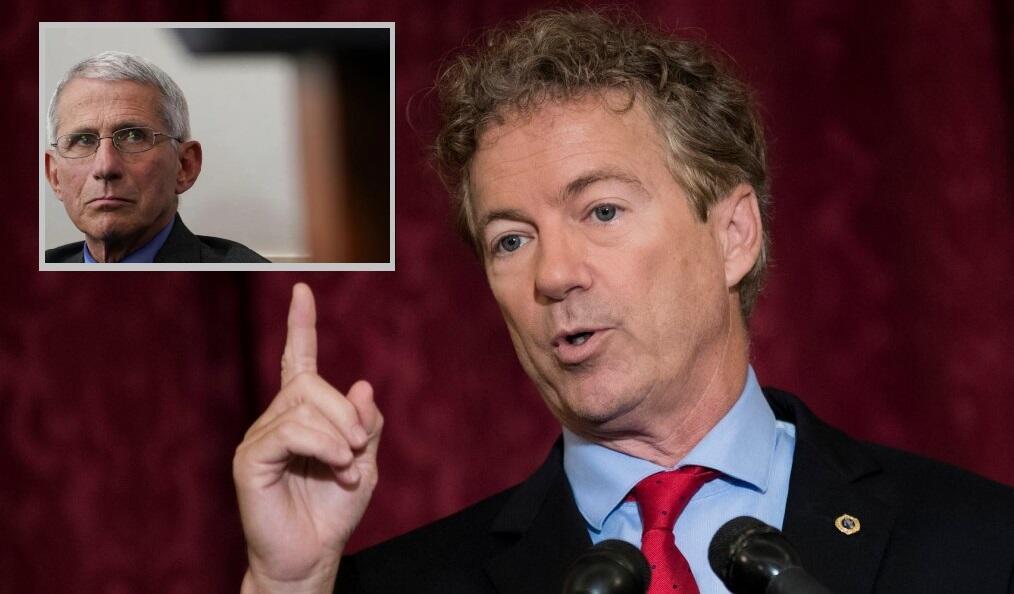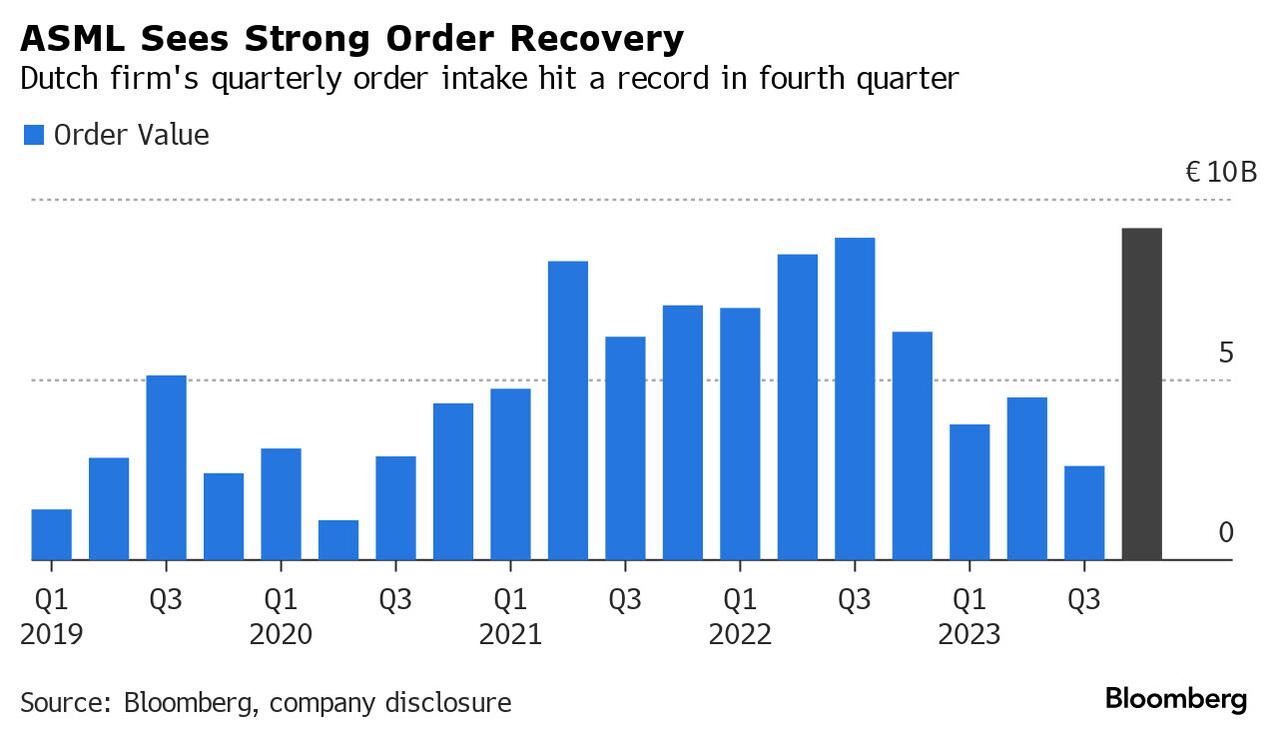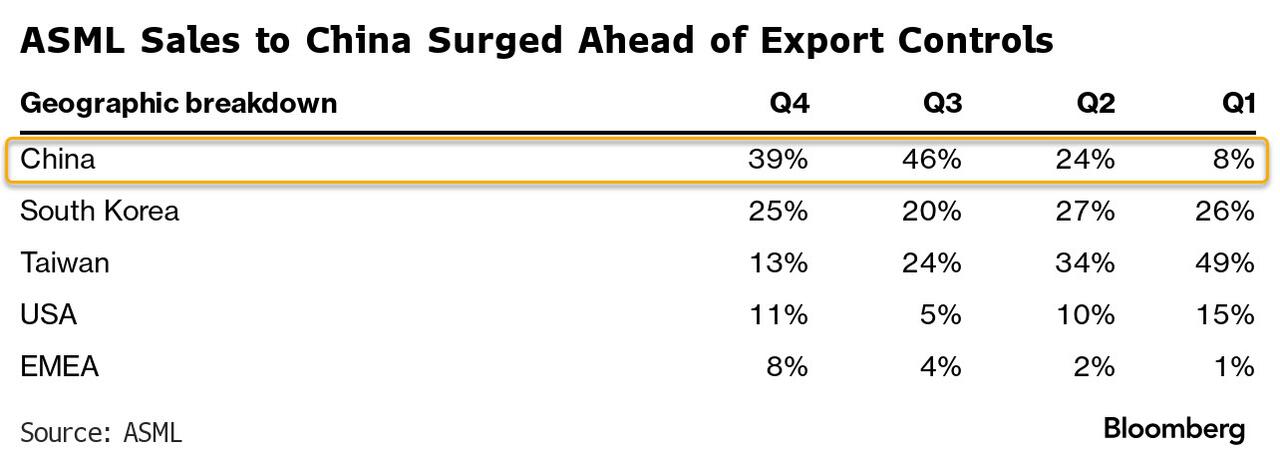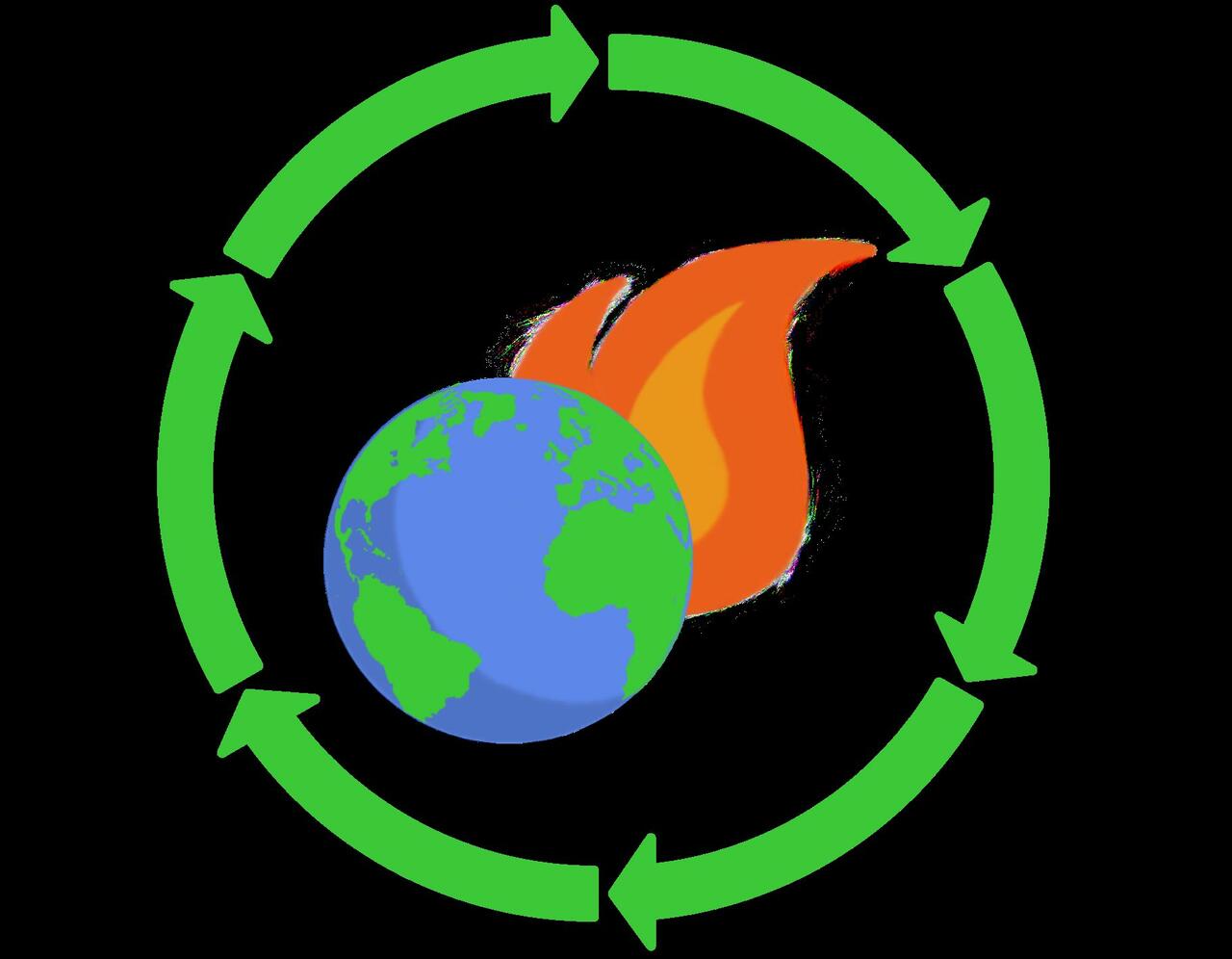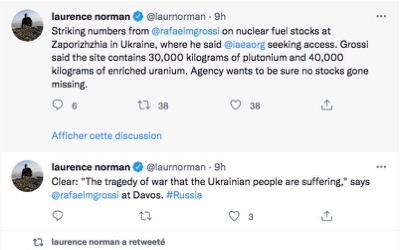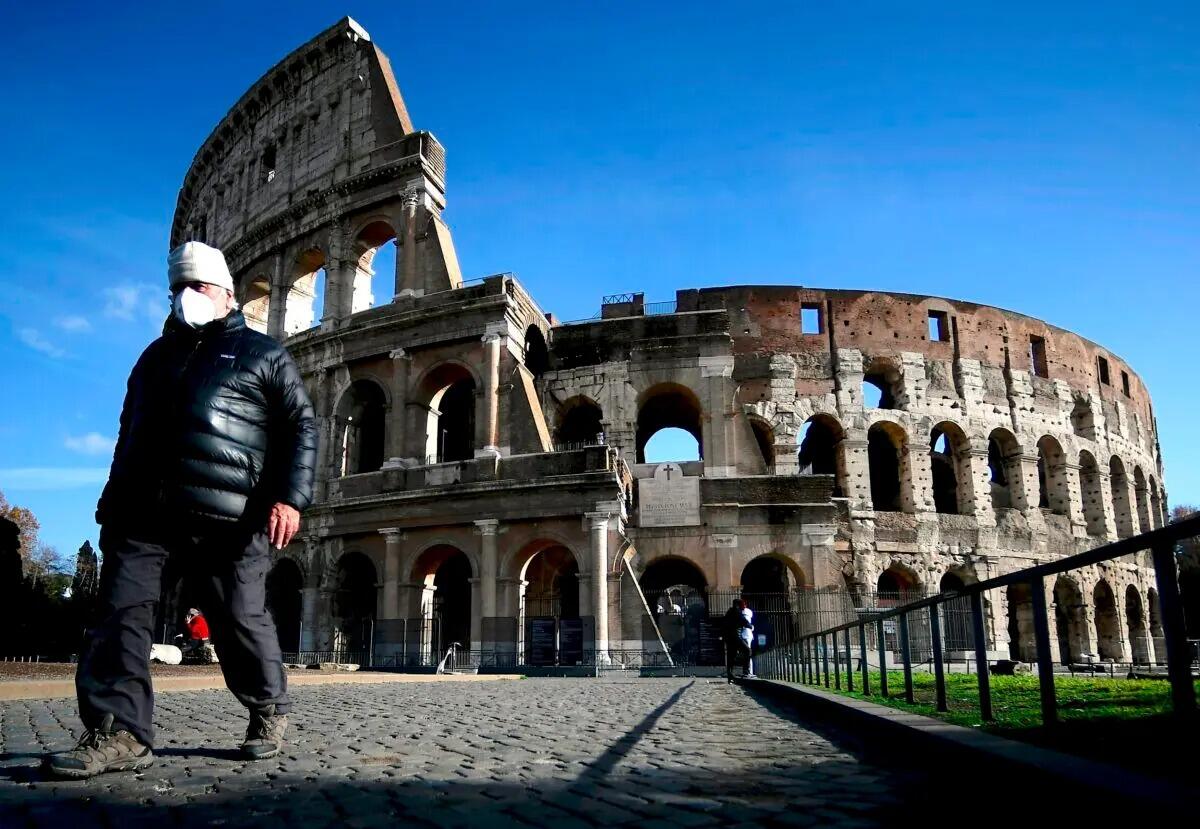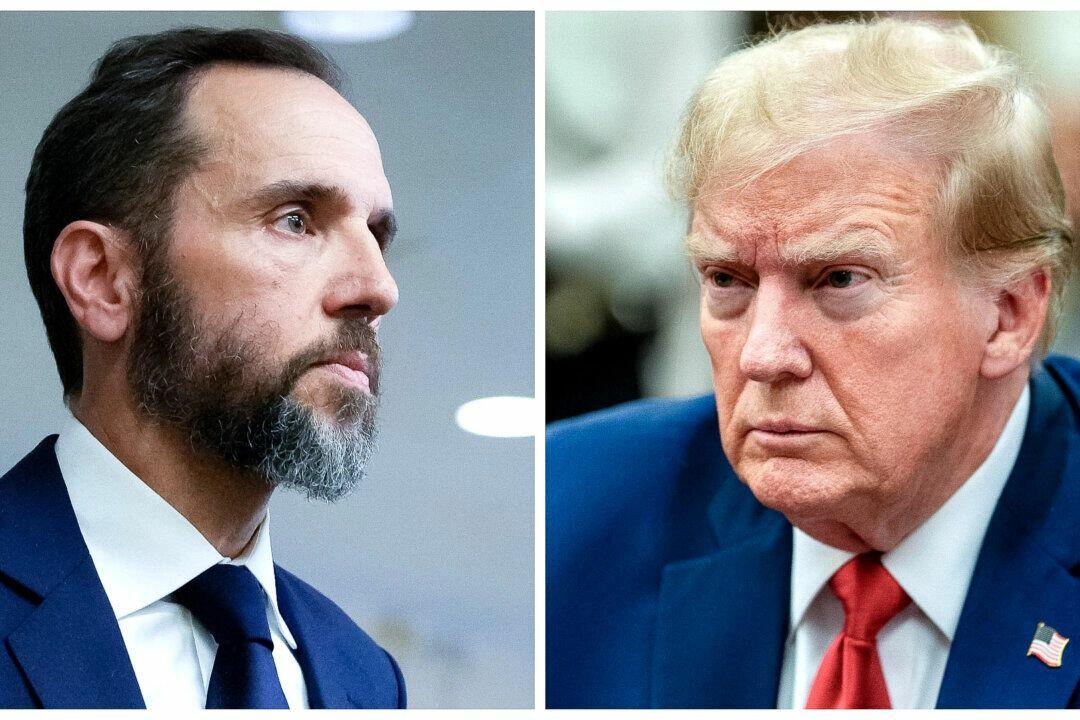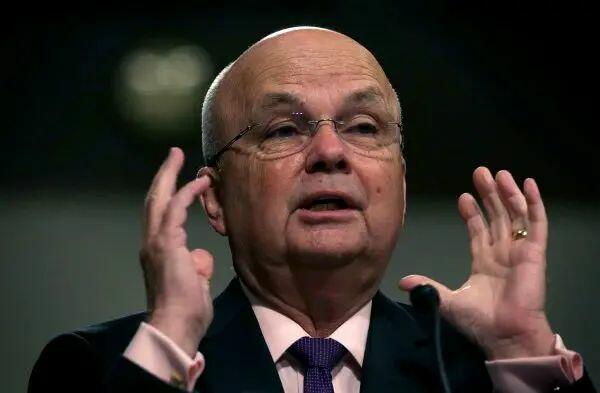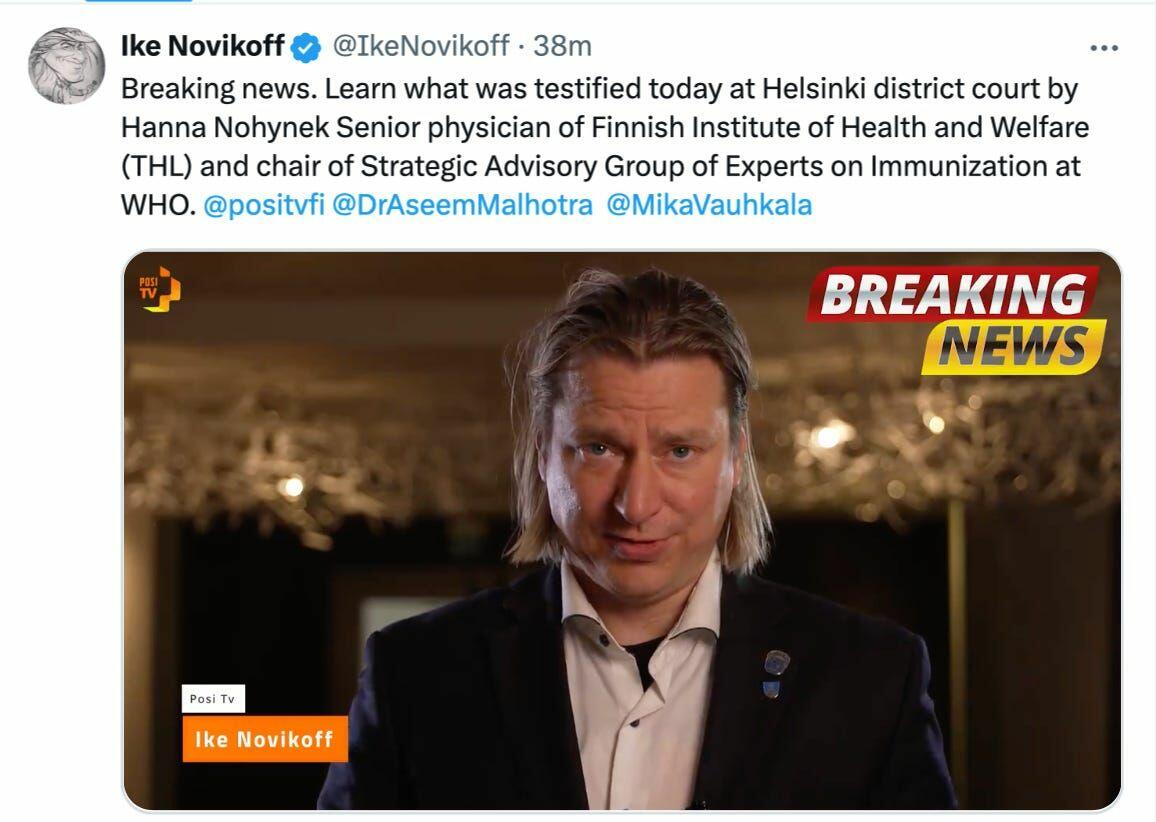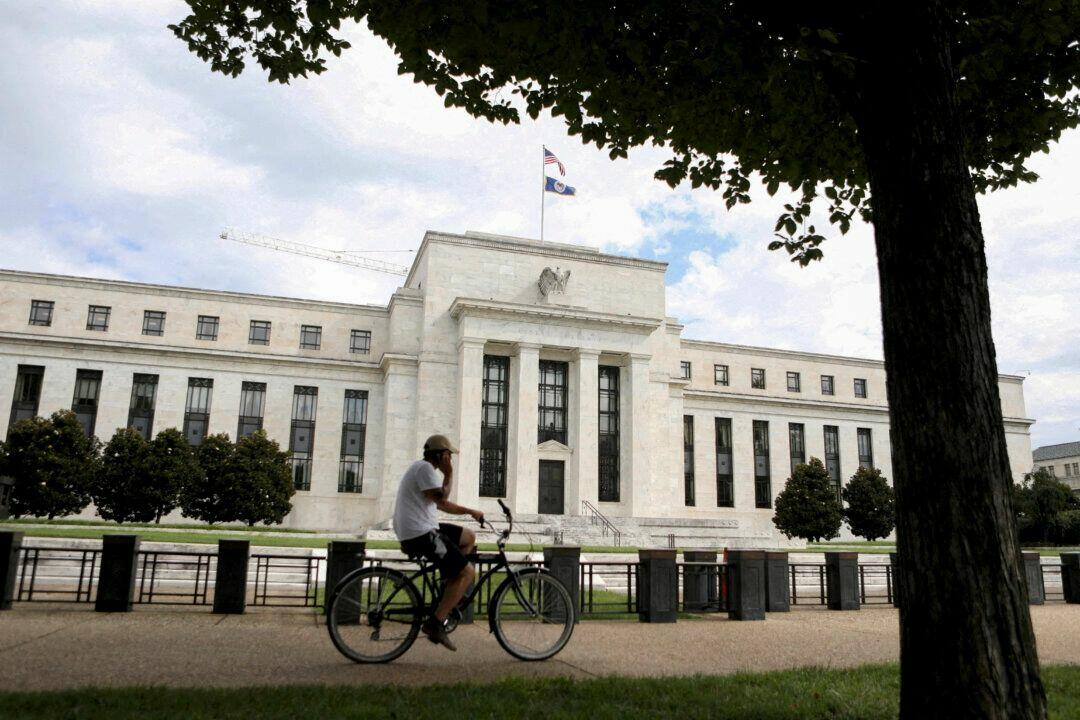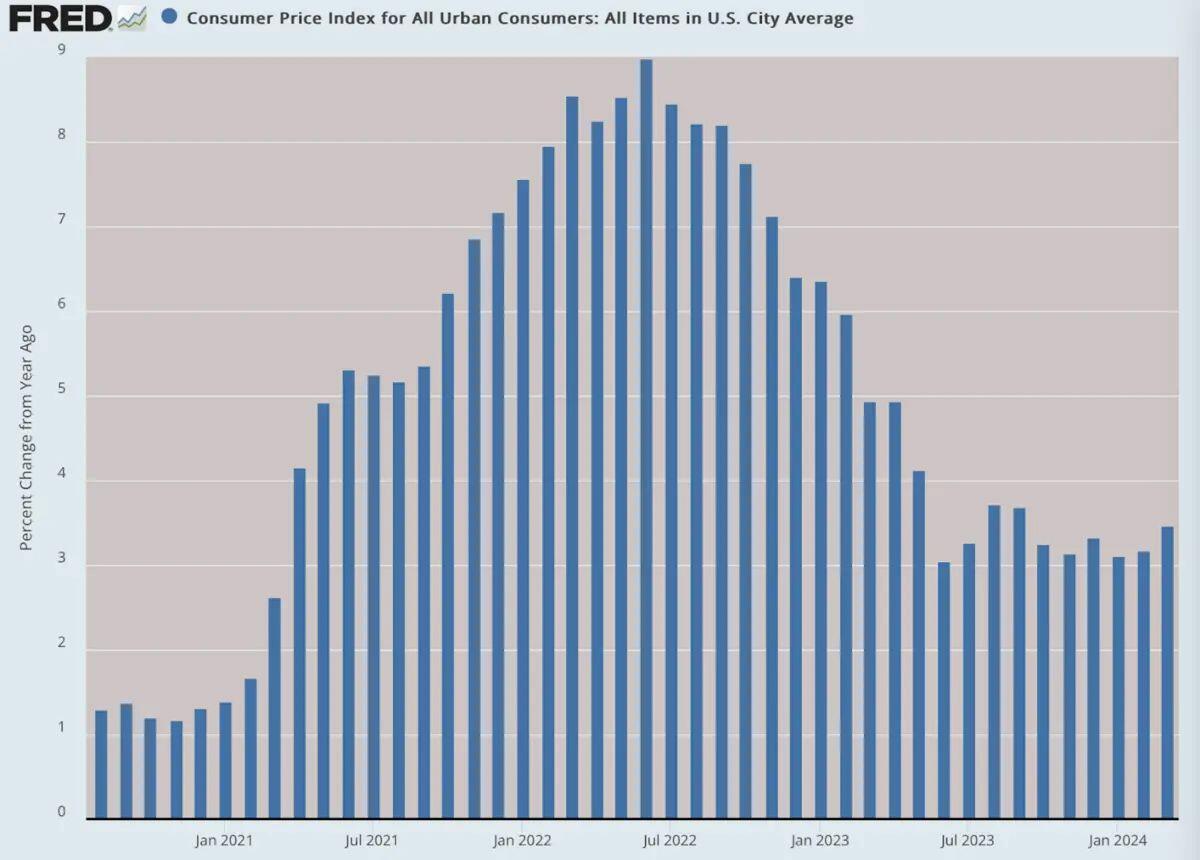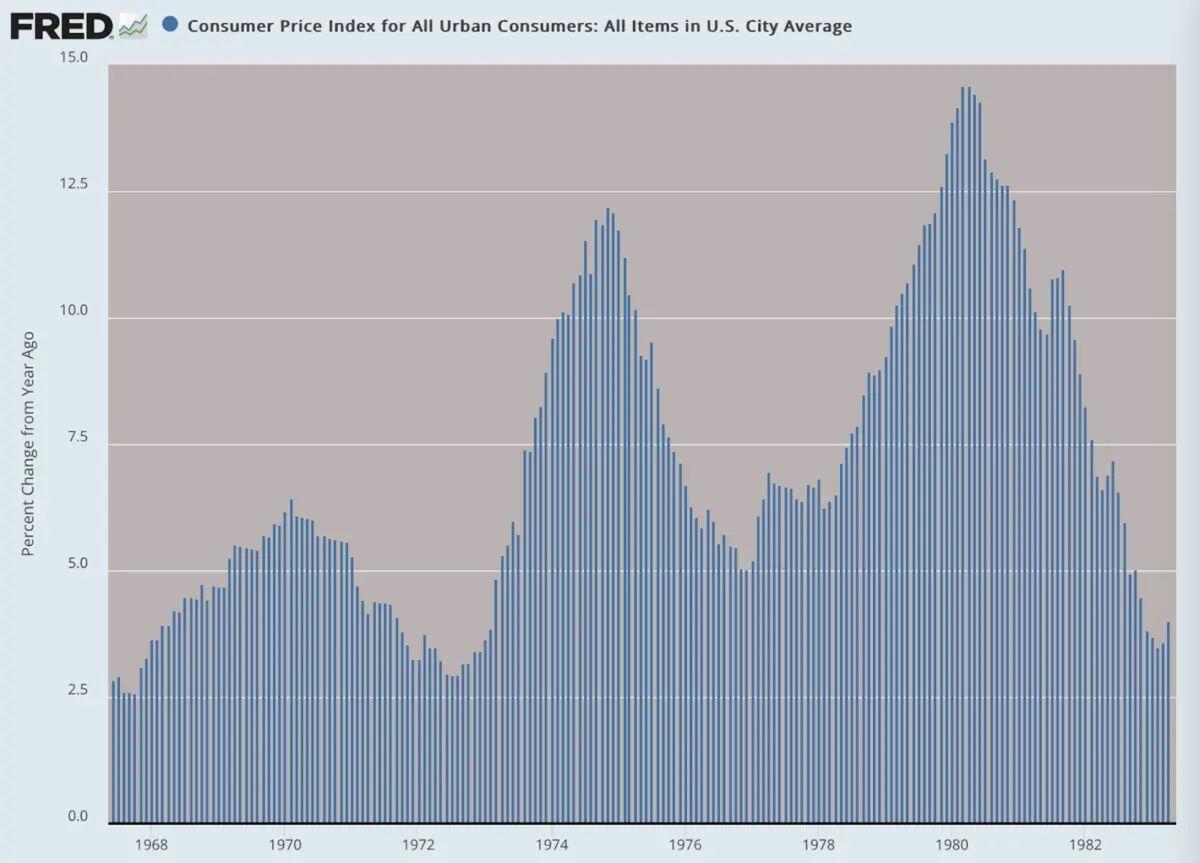Charles Hugh Smith offers a dismal perspective over the coming years and I still find him overly optimistic in that he believes the system will implode nicely, the economic soft landing applied to social science. The problem with the idea is that it has never happened in the past. What he describes is a projection of the current state of affairs as countries manage somehow to swim among imploding bubbles. This is indeed what Japan did for the last 30 years and what China is confronted to right now. As long as the global supply chain works, somehow, this is indeed a workable option. But sooner than later the global supply chain will break, probably due to war. Then assets will crash massively and suddenly we will find ourselves in a completely different paradigm. What is the likelihood of such a scenario?
Imagine a few bombs over Iran. A massive reaction and more effective bombing of Israel. The Samson-lite option (see the next article) used to dissuade the Mullah. The closing of the Hormuz Strait... Likelihood of happening: 50% Likelihood of transforming the World as we know it: 100%!
Or imagine Ukraine losing badly on the Eastern front, France sending a few soldiers who get killed, more NATO soldiers heading East... Same likelihood of happening, about 50%.
PS: Isn't it what Gold at 2400, the Yen at 154 per USD and Oil above 90 are telling us?
Authored by Charles Hugh Smith via OfTwoMinds blog,
Rather than attempt to evade Caesar's reach, a better strategy might be to 'go gray': blend in, appear average.
Let's start by stipulating that I don't "like" this forecast. I'm
not "talking my book" (for example, promoting nuclear power because I
own shares in a uranium mine) or issuing this forecast because I favor
it. I simply see it as the most likely trajectory of the global
financial system, based on history and the dynamics of human systems.
"Liking" it or not liking it has nothing to do with it: the opinions of Titanic passengers who didn't "like" that the ship was sinking didn't affect the outcome.
You already know the global financial system is untenable. In
a nutshell, the expansion of production and consumption has been funded
by the expansion of credit--money borrowed from future resources and
income. The rate of expanding debt far surpasses the anemic rates of
expanding production, and this rapidly expanding mountain of debt is
perched precariously on the phantom collateral generated by The Everything Bubble,
the astounding expansion of asset prices as those with the lowest cost
access to credit have bid up every asset class, from real estate to gold
to bitcoin to stocks to fine art.
All these assets are phantom collateral because they were bid up on the wings of cheap, abundant credit. History
is rather decisive: all credit-asset bubbles pop, and the price of the
assets round-trips back to pre-bubble valuations. As the bubble pops,
credit shifts from being abundant and near-zero in cost to being scarce
and dear.
The commercial real estate sector (CRE) is a real-time example of this dynamic. Half-empty
buildings are being dumped at a fraction of their peak valuations, and
then sold again for even less or abandoned to default and liquidation.
This is how all bubbles pop; there is no other template supported by
history. Humans cling to magical thinking and grasp at straws rather
than face the unwelcome reality that the cycle has turned and there is
no happy ending for those who believe the "real value" of an asset is
the peak price at the top of the bubble.
Now that we understand the impossibility of keeping The Everything Bubble forever inflated, let's shift our attention to those tasked with keeping the system from collapsing. In
my view, the closest analogy is police officers tasked with protecting
the often ungrateful and undeserving while being plagued by do-gooders
and naysayers who are safely isolated from the wretchedness they demand
the cops deal with in a manner that meets with their refined approval.
In other words, us and them:
only those who share the responsibility for protecting the often
ungrateful and undeserving while being plagued by do-gooders and
naysayers can understand. Outsiders know little of the realities and are
often naive, basing their convictions on what they think "should
happen" rather than the limitations of real life.
This
will be the mindset of the authorities tasked with "saving" the system
we all depend on--especially the wealthiest who have benefited the most. These
is of course the class that feels most entitled to advocate for special
treatment: we're rich and important, so you should listen to us and do
what works for us.
In other words, like the do-gooders, naysayers and whiners telling the cops how to do their jobs. Those
tasked with saving a system sliding toward an inevitable crisis will
have little patience for obstructionists, however well-meaning. The
attitude of those carrying the responsibility for saving the system will
be: do your part, get out of the way, stop whining and be grateful
we're saving the system for your benefit.
Let's now shift to a very common belief of "investors": foreseeing
this crisis, we've piled up "hard money" assets that are safely hidden
from the grubby, illegitimate grasp of authorities. When the crisis
sweeps away the bubble, we'll still be rich, and we'll then scoop up all
the bargain-priced assets, making ourselves even richer.
It gives me no pleasure to say the obvious: please don't be naive. Those
who will be trying to save the system from collapse understand that
every asset is only richly valued now because of the credit bubble. From
their point of view, "investors" who are planning to preserve the
bubble-valuation of their assets and then emerge to snap up everything
for pennies on the dollar are, well, the enemy.
Another
widespread belief holds that the hyper-wealthy always sneak through the
wormhole and emerge with all their goodies intact. This fosters the idea that if they can do it, so can I. History
offers examples on both sides: the great estates of the wealthiest
Romans did not survive intact when the empire crumbled (or put another
way, when control of the shards shifted to a new elite).
As the bottom 99.5% feel the squeeze, their rage at those at the top not paying their fair share will rise exponentially, and
the political pressure on authorities to go after the hyper-wealthy
will become too intense to ignore. Many of those trying to save the
system will have already had enough of coddled billionaires, bankers and
financier grifters.
Another conviction that will be revealed as naive is the faith that the rules will stay unchanged,
allowing us to hoard our stash and emerge unscathed to scoop up the
bargains offered by the less prescient. History is again rather
definitive: the rules will change overnight, and continue changing, as
needed. One "emergency measure" after another will be imposed and become
normalized.
It's important to put ourselves in the shoes
of those struggling with the impossible responsibility of keeping the
system from collapsing. From their point of view, everyone
trying to evade the wealth taxes, windfall taxes, special assessments,
etc. are ungrateful whiners, as what will anyone have if the system
collapses? We're doing you all a favor, taking only 10% in a wealth tax
to preserve the 90% that remains yours.
Another point of naivete is what happens to obstructionists in a full-spectrum surveillance Corporate-state. China
has shown other nation-states how to do it properly: every digital
communication and transaction is monitored, and while VPNs and other
gimmicks offer a few wormholes, the fundamental reality is: it takes an
awful lot of effort to not leave a trail of crumbs, and at some point,
is it worth all the effort? It's much easier to just pay the wealth tax,
the windfall tax, grumble about it, and move on to enjoy life as best
we can.
In China, the local authorities politely invite
transgressors to tea, and offer a suggestion to mend your ways and keep
your nose clean. Those who insist on mucking up the works after the
kindly advice will be neutered one way or another.
The naivete also extends to ways to evade surveillance. We're
all going to get by on barter. Really? Have you actually tried to
exchange stuff with anonymous others? Like many encounters in online
boards, people don't show up, they flake out or decide not to make the
deal. It's tediously time-consuming and frustrating unless you already
have a network of trusted contacts who do this kind of thing all the
time.
In my experience, reciprocity with other
trustworthy productive people works better than barter. Instead of
haggling over price/value, just give stuff away. In a trusted network,
whomever gets the free stuff will scrounge up something to give you for
free in return. These networks tend to have a "node," an outgoing,
friendly, trustworthy person who can find a welcoming home for whatever
is being freely distributed, and pass around what's being given to those
who gave freely of their surplus.
Another point of
naivete is the belief that as an asset soars in value, the authorities
will magically restrain themselves from noticing this juicy target. If
we factor in history and human nature, we will conclude the opposite is
more likely: the authorities will redouble their efforts to track and
collect that which is Caesar's from those trying to evade the collection
of everyone's "fair share."
Given the resources of the
NSA et al., how plausible is it to think little old me is going to leave
no digital crumbs as I go on my merry way? Thanks to
automation of data scraping, it's going to get easier and cheaper to
scrape data looking for miscreants trying to avoid paying "their fair
share."
The whole idea of a wealth tax is it's a tax on all wealth, held anywhere in the world. So
burying assets offshore only works as long as the authorities turn a
blind eye to tax havens. As pressures mount, trusting the eyes to remain
blind might not be as "sure-thing" as many seem to believe.
As specific assets soar in value, a "windfall tax" will become politically appealing. Since
all this soaring wealth is unearned, shouldn't the fortunate owners pay
a bit more due to the windfall nature of their unearned wealth? Of
course they should.
The key point to understand is the
system will have to grab enough collateral to fund itself while
collateral evaporates in the deflation of the Everything Bubble. This will truly be a case of TINA--there is no alternative. Desperation will drive policy extremes few think of as possible, much less inevitable.
Something
else that may be revealed as naive is the faith that moving to another
nation-state will offer secure respite from those demanding we render
unto Caesar that which is Caesar's. This faith overlooks the global
reach of these dynamics: rampant inflation, the debasement of currency,
the increasingly desperate need for collateral and revenue to keep the
system from imploding, the rising cost of risk and credit, the scarcity
of collateral, and so on. How will the nation-state we're moving to
respond to these financial crises? What are the odds that they will
magically escape the crisis, or come up with a painless solution that
doesn't demand any sacrifices of residents? How secure will the rule of
law and the wealth of foreigners be once push comes to shove?
In summary: to understand the next 8 to 10 years, start by having some sympathy for the fox and not just for the hare. Here
we are, trying to save the system that everyone depends on, taking a
modest 10% wealth tax, and the ungrateful wretches are whining and
trying to evade paying their fair share.
Rather than attempt to evade Caesar's reach, a better strategy might be to go gray: blend in, look average: post
photos of kittens and puppies, complain about the cost of groceries,
drive a look-alike vehicle, live in an unremarkable house, render unto
Caesar that which is Caesar's, forget about emerging as one of the rich
who evaded Caesar and get on with enjoying one's private life focused on
well-being, and as difficult as it may be, work up a little gratitude
for those carrying the responsibility for keeping the system from
collapsing. A system that degrades but coheres is a far better place to
live than a system that completely collapses.

It gives me no joy to suggest please don't be naive, but a realistic appraisal of what happens when things unravel suggests there are few limits on "emergency measures" anywhere on the planet and it's best to plan accordingly and focus on what we can control rather than what we can't control.
